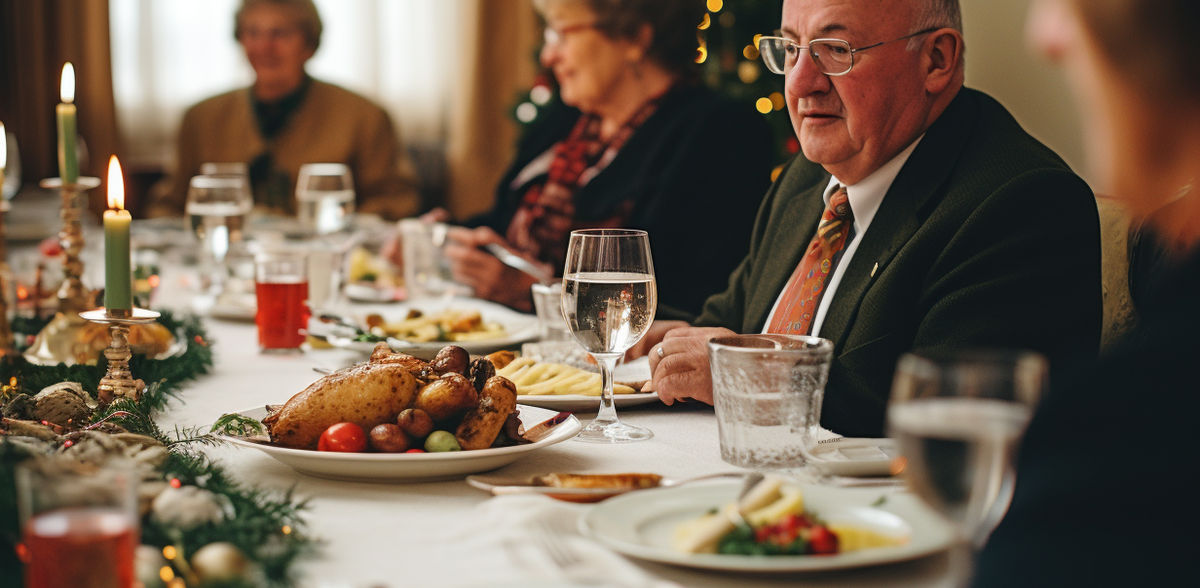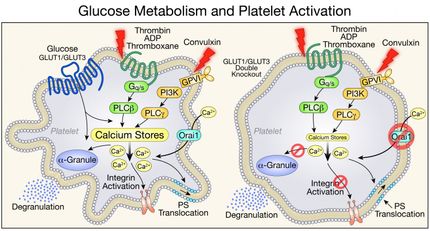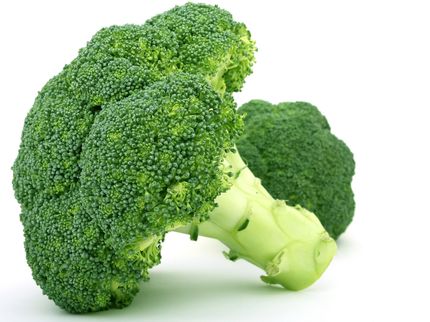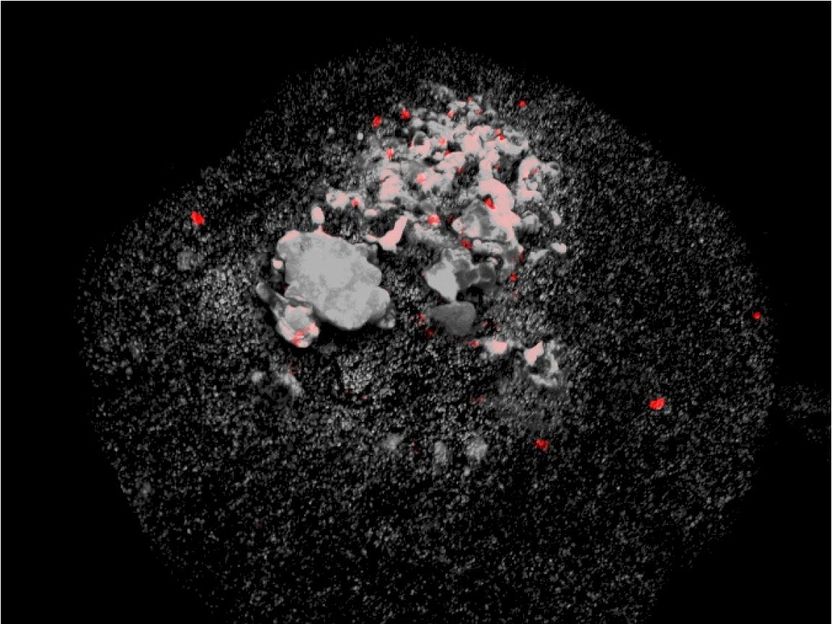Scientists spread festive cheer as research reveals Christmas dinner can be healthy
In less than a week’s time, families around the country will be sitting down to tuck into their traditional Christmas dinner.
While the festive season is often a time of overindulgence, could parts of a festive banquet actually help improve our health?
Experts at Newcastle University, UK, have been researching the different characteristics and compounds of festive trimmings and have found that some of the side-dishes offer significant benefits.
Fighting chronic conditions
Soggy sprouts should be off the menu say Newcastle researchers – and not only for reasons of taste.
Scientists have found that steaming Brussels sprouts helps the vegetable retain its glucosinolates, which may aid the body in fighting chronic conditions, such as diabetes and cancer.
Brussels sprouts are a cruciferous vegetable like broccoli, cabbage, collard greens and kale, which are laden with healthy properties.
In particular, they have a high content of glucosinolates - an important molecule that interacts with proteins associated with repairing damaged DNA and promoting cell death in cancer tumours.
Whilst glucosinolates are highest in raw Brussels sprouts, cooking affects their contents and a Newcastle University study has looked at roasting, boiling, or steaming and how it impacts the chemical composition of the vegetable.
Dr Kirsten Brandt, Senior Lecturer in Food and Human Nutrition at Newcastle University, said: “If you boil the Brussels sprouts then you lose a lot of the important compounds into the water.
“If you roast them, they are being broken down during the cooking, so steaming is the one that gives most of these tasty and healthy compounds in the final product.”
Cancer-reducing carrots
Researchers at Newcastle University have found that the popular festive side-dish of carrots could help reduce the risk of cancer by almost a quarter.
In new research, published today in Critical Reviews in Food Science and Nutrition, experts found five servings of the vegetable per week was linked to a 20% reduction in developing all types of cancer.
In addition, eating just one serving per week still gives a significant reduction, with a 4% lower chance of the disease compared to those who never eat the vegetable.
For the research, scientists carried out a systematic review and meta-analysis of nearly 200 studies and 4.7 million participants.
Carrots contain an abundance of different compounds that have been investigated for health benefits with β-carotene, the compound causing the red-orange pigment of the vegetable, being most researched in the past.
However, Newcastle University experts have shown that the whole carrot, rather than carotenes, provides an anti-cancer effect when consumed in enough quantity.
They showed that carrot intake had a reduced cancer incidence across a number of different groupings, from geographic region to exposure and cancer type.
PhD student Charles Ojobor, from the Human Nutrition and Exercise Research Centre at Newcastle University, led the study.
He said: “Many researchers have noticed the benefits of carrots previously, and this is a reason why there was so much data for us to analyse.
“However, most of the previous studies focused on beta-carotene, one of the orange carotenoid phytochemicals, which give the orange carrots their colour.
“Unfortunately, beta-carotene did not show much beneficial effect on cancer in controlled experiments.
“As a result, we studied carrots due to their content of a different type of phytochemicals, polyacetylenes, which are colourless but have strong effects on cancer.
“For our study, we looked at different types of cancer and our analysis showed that people who eat five portions of carrots per week had a 20% reduced risk of developing the disease.”
Perfect festive roastie
Scientists at Newcastle University have studied more than 250 varieties of potatoes, looking at different qualities from tuber characteristics to their ability to resist disease and climate stress.
Potatoes are rich in fibre and ideal for popping in the air fryer as the healthiest way to cook the festive trimming to a golden crisp.
But with so many different potatoes to choose from, which is the perfect spud for roasting?
PhD student Sophia Long, from the Faculty of Science, Agriculture and Engineering at Newcastle University, said: “Rooster potatoes are perfect for making the best roast potato.
“They have a nice red skin and, when peeled, they reveal a lovely golden colour underneath – perfect for your roasties on Christmas day.”

























































